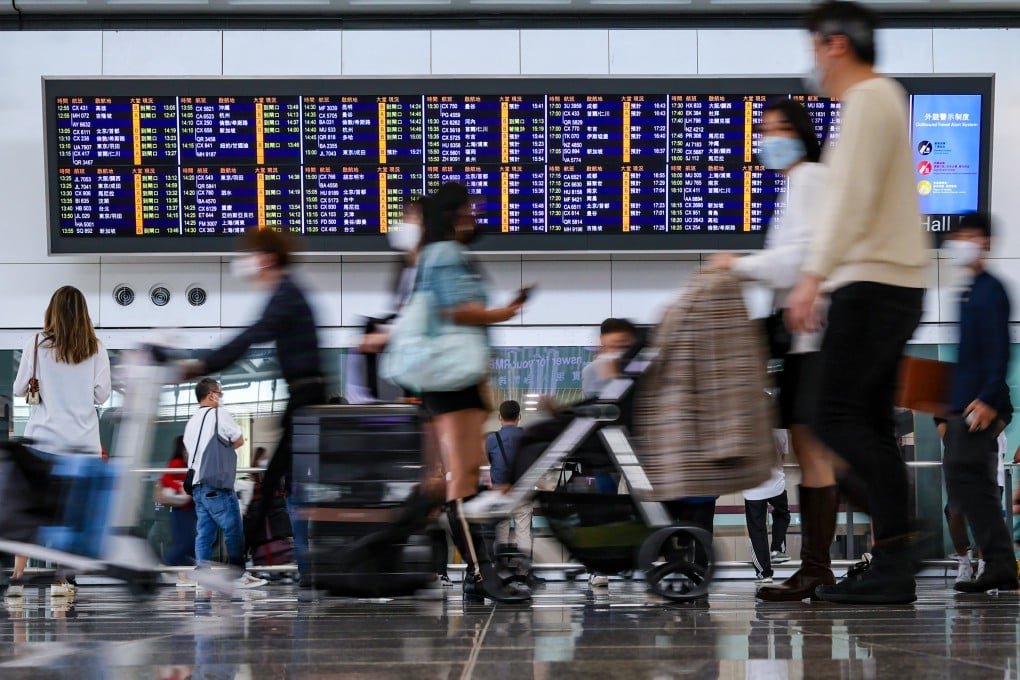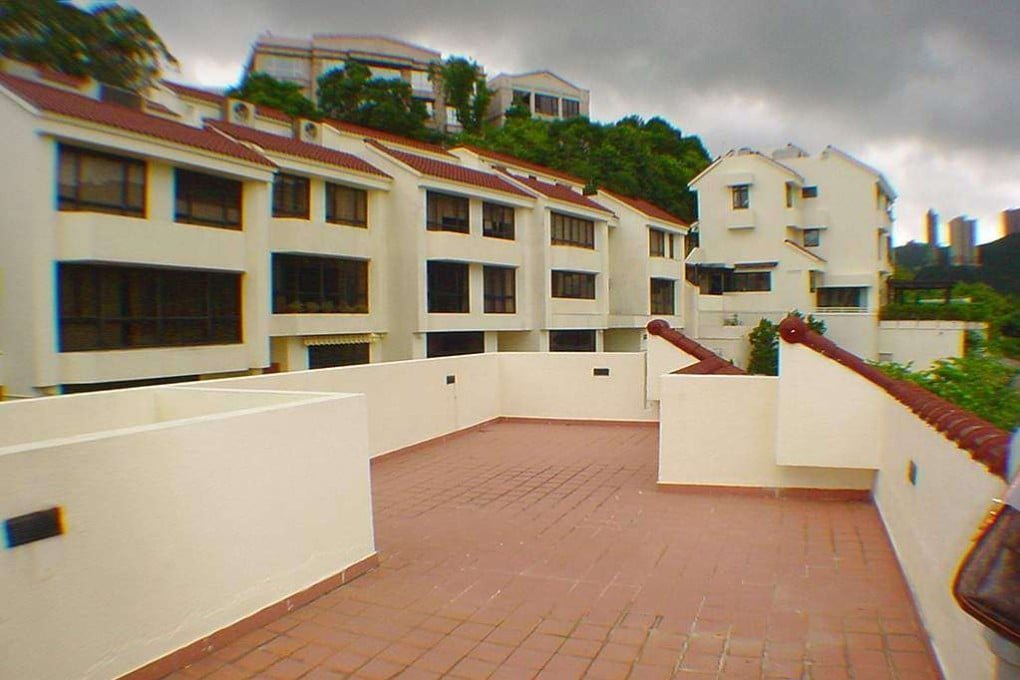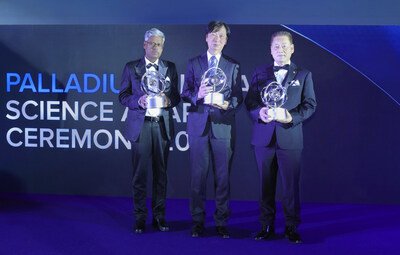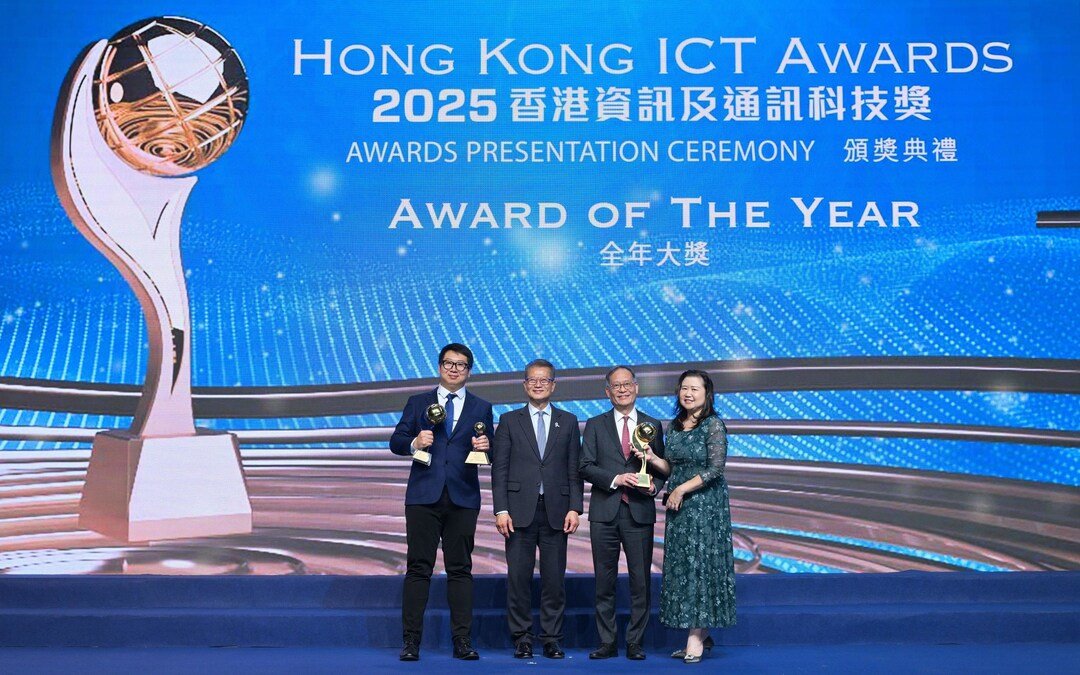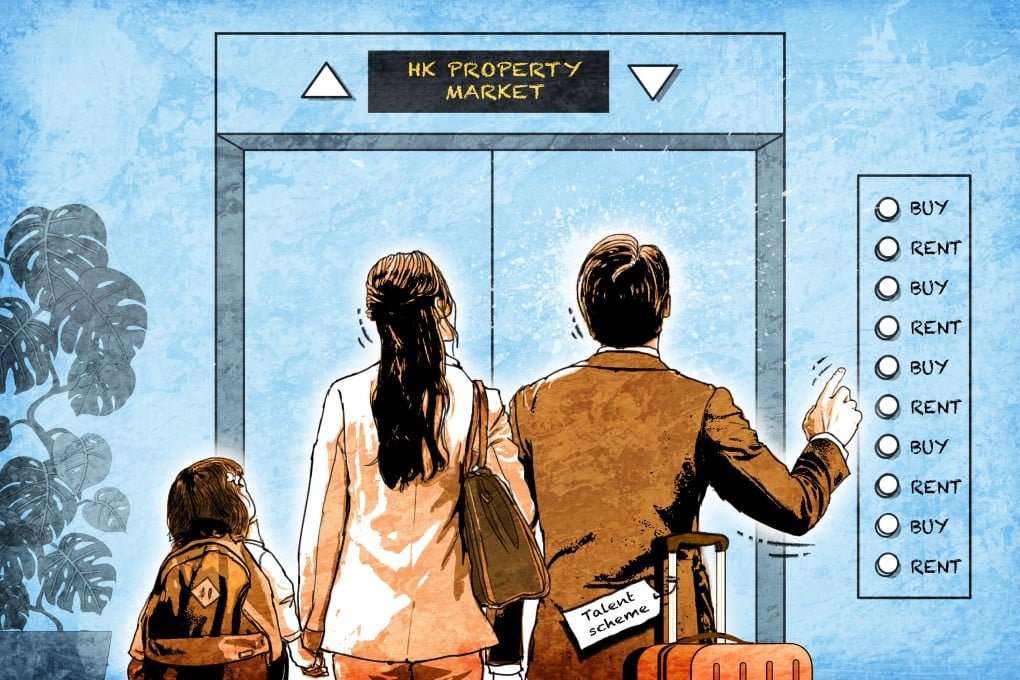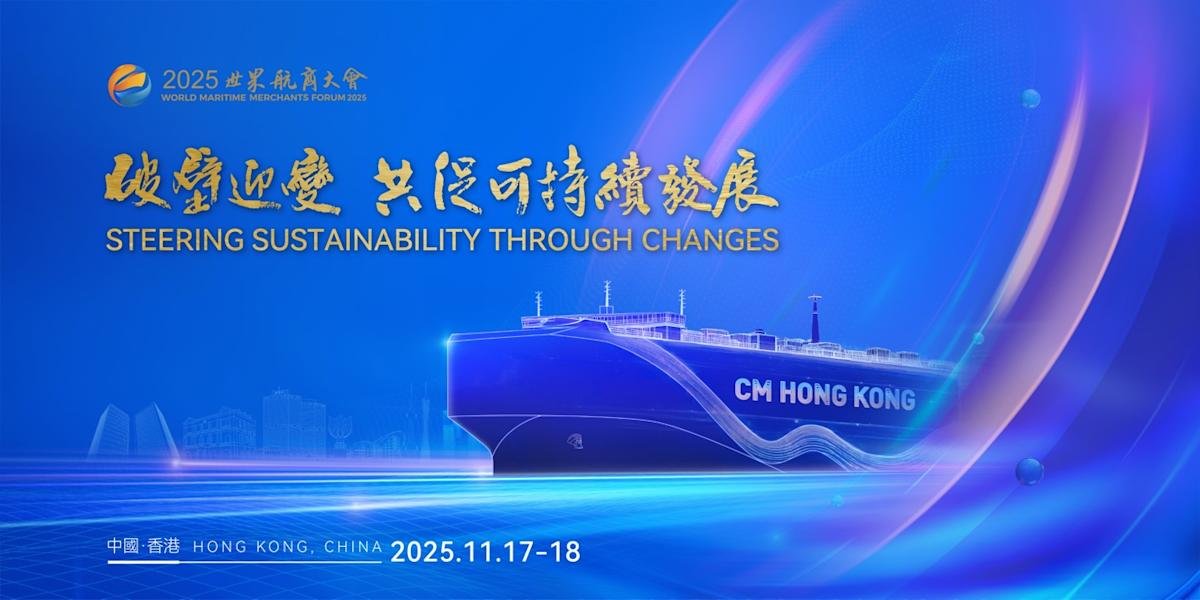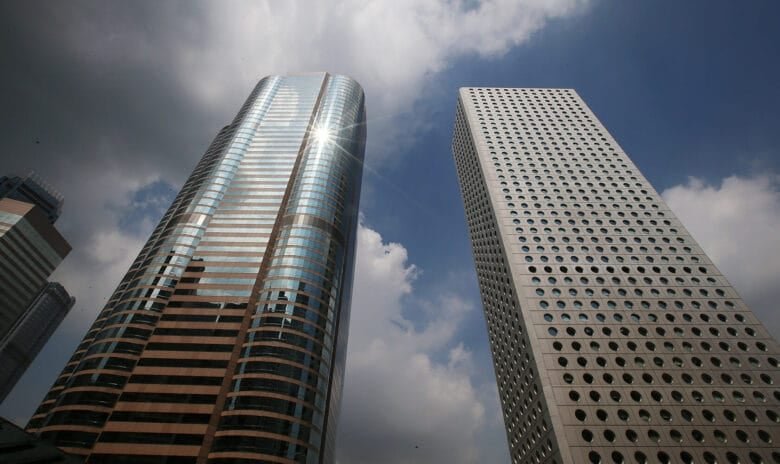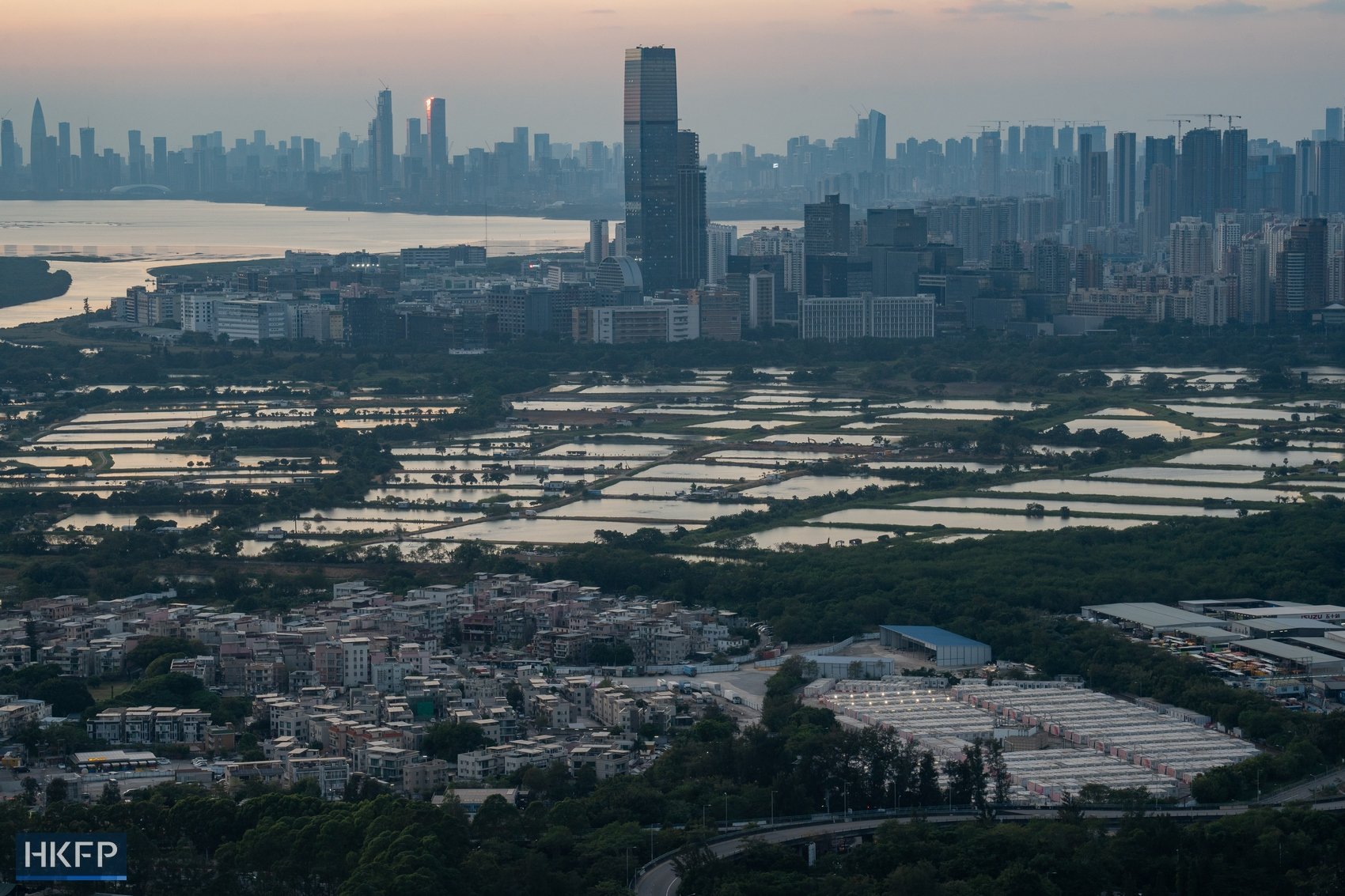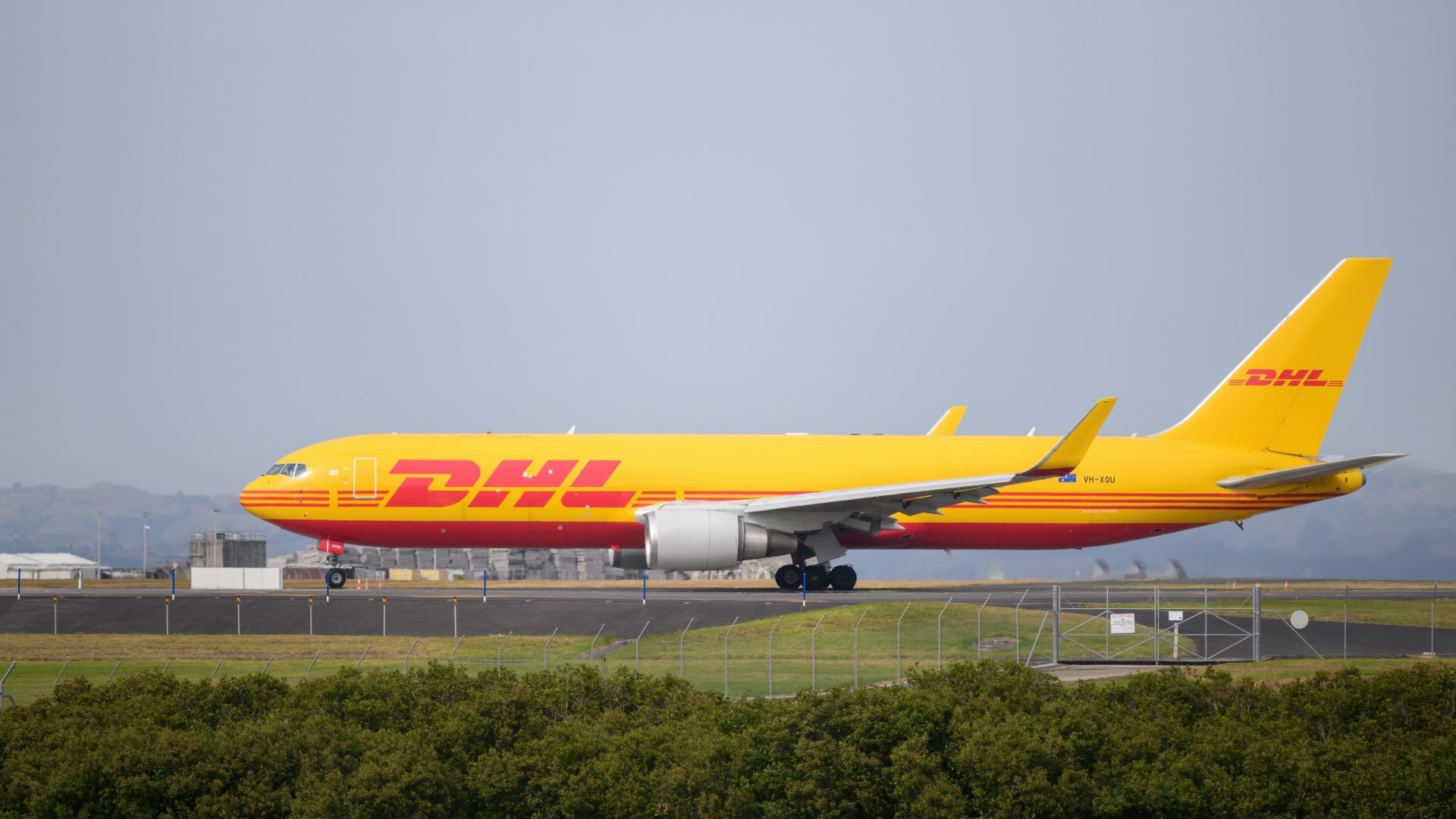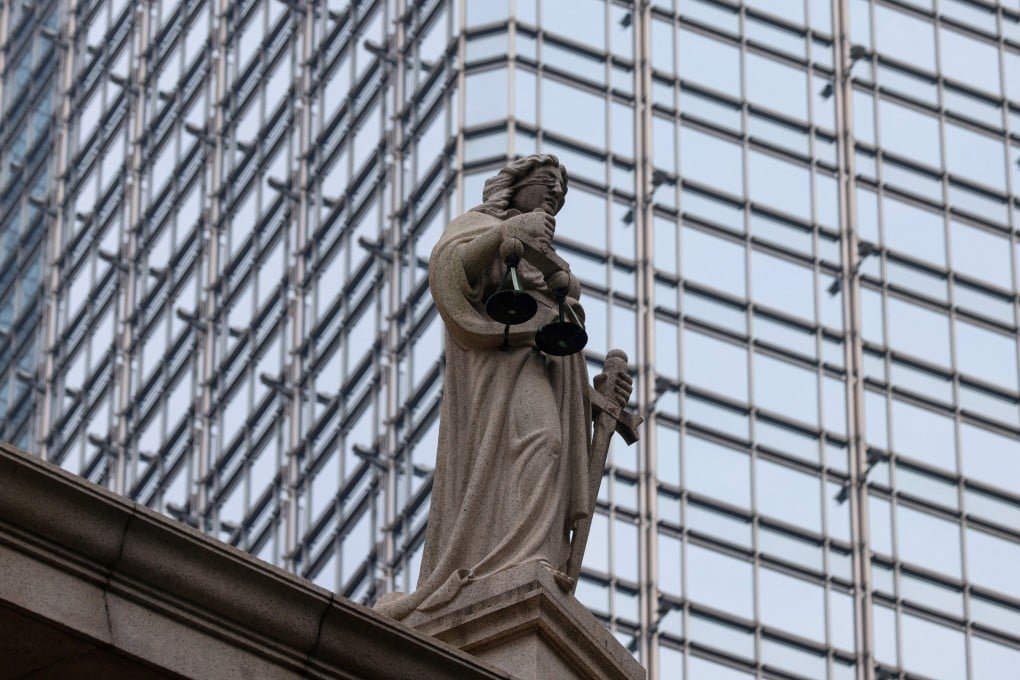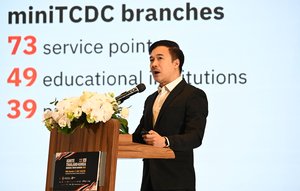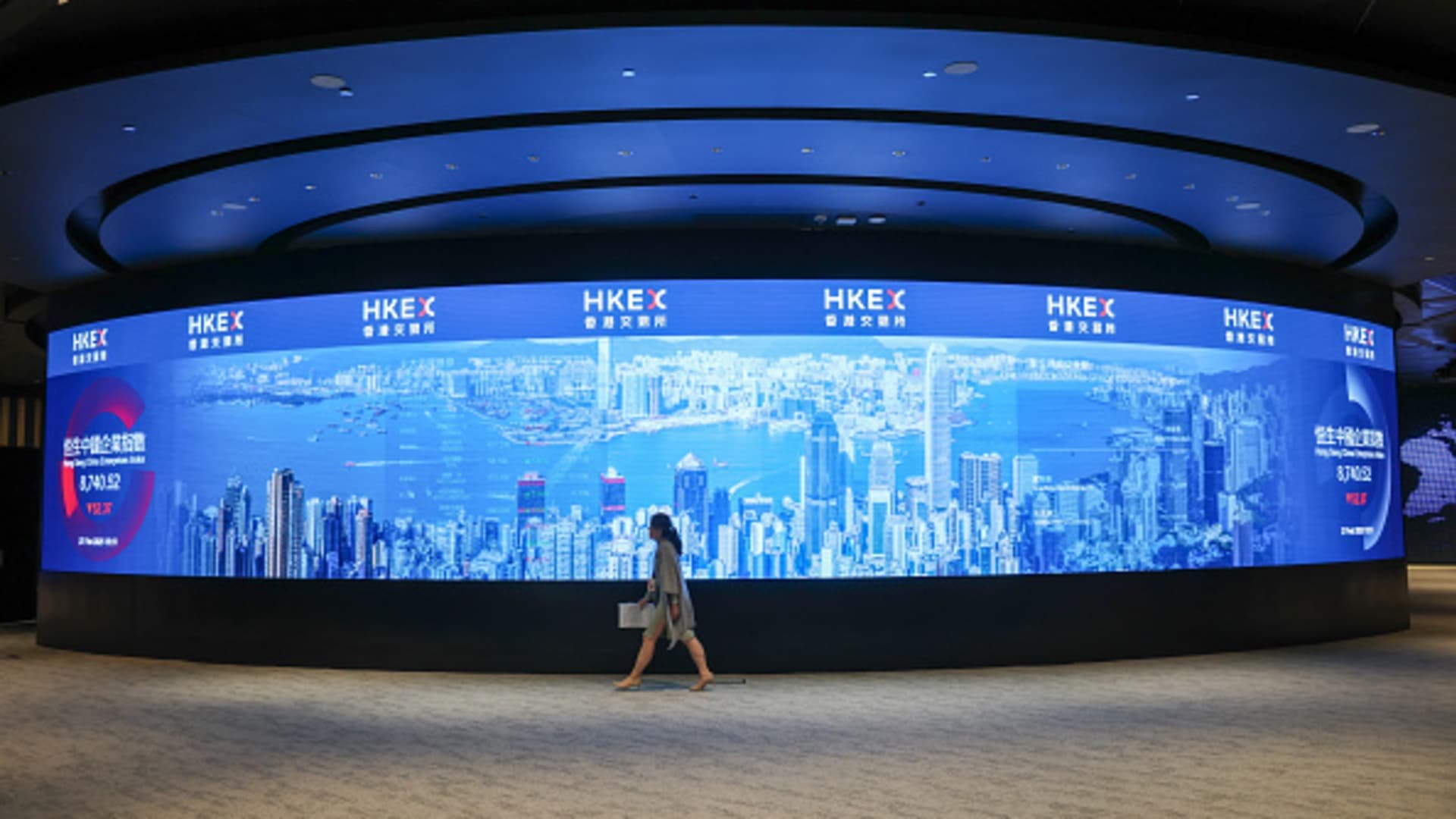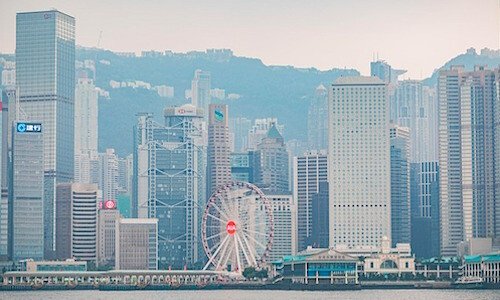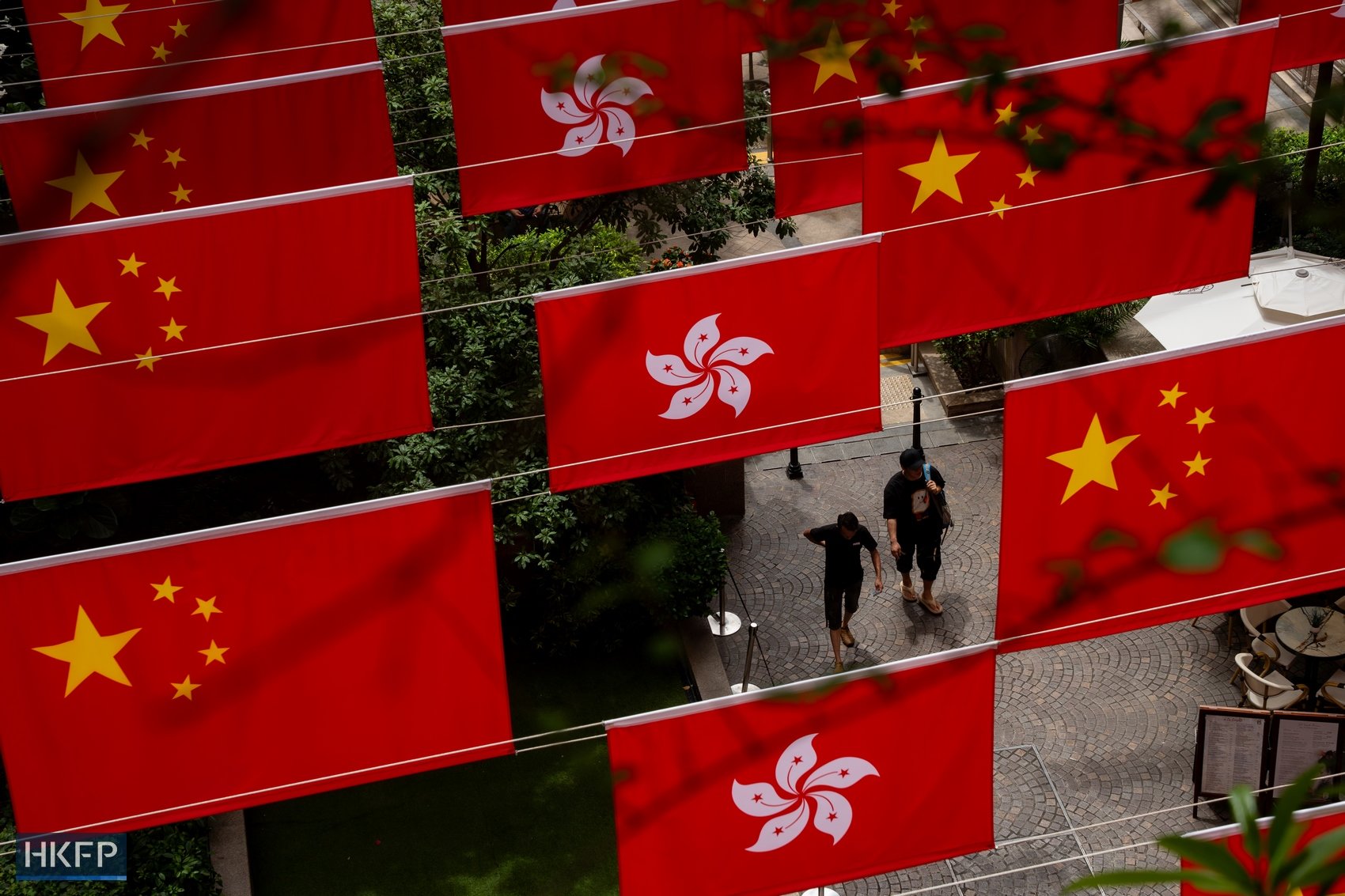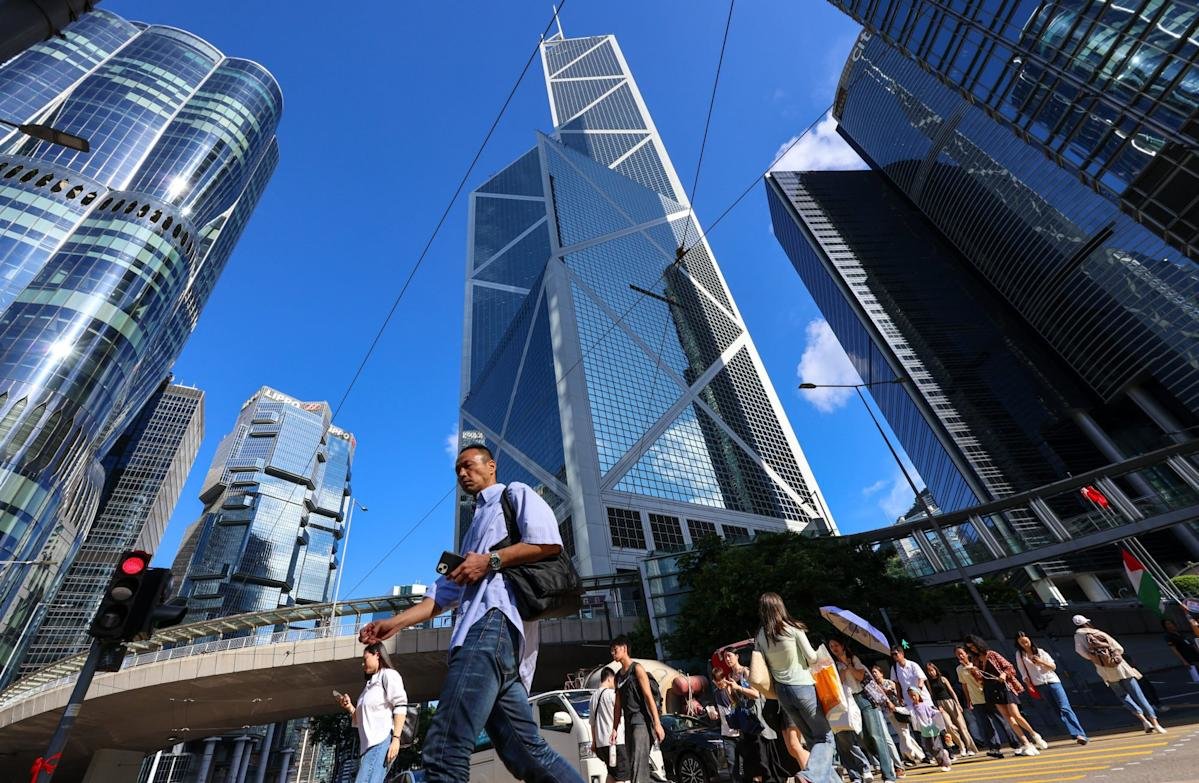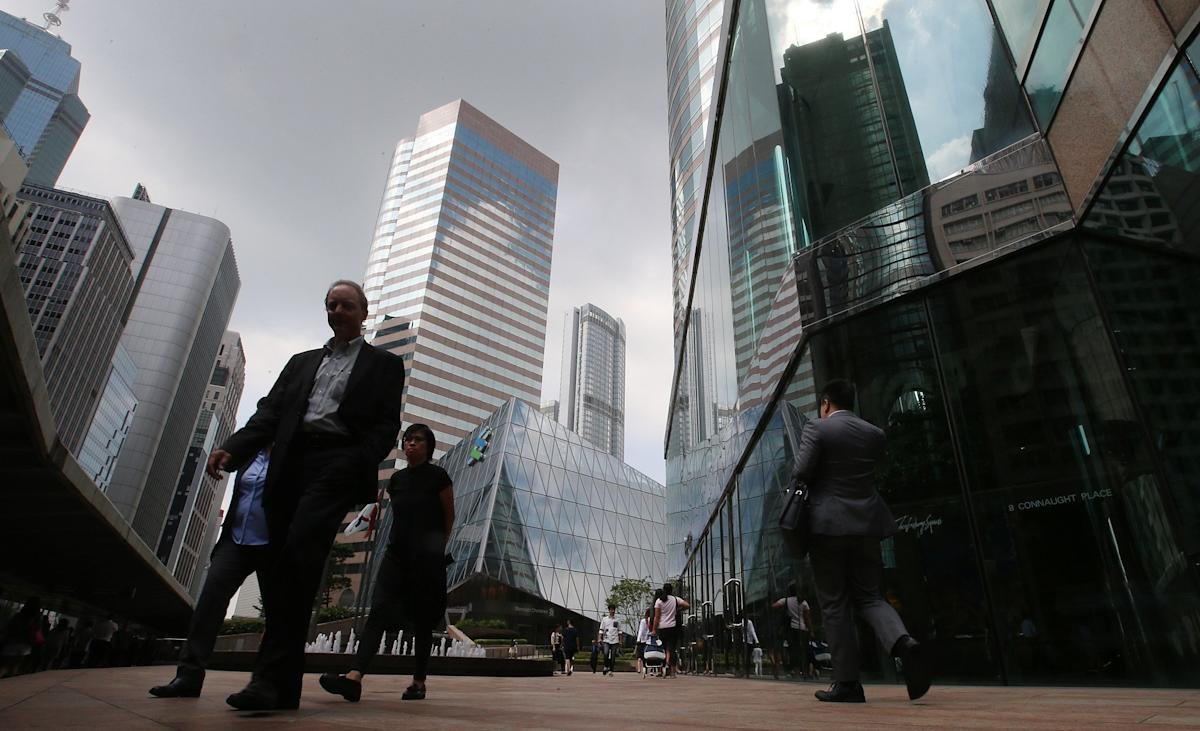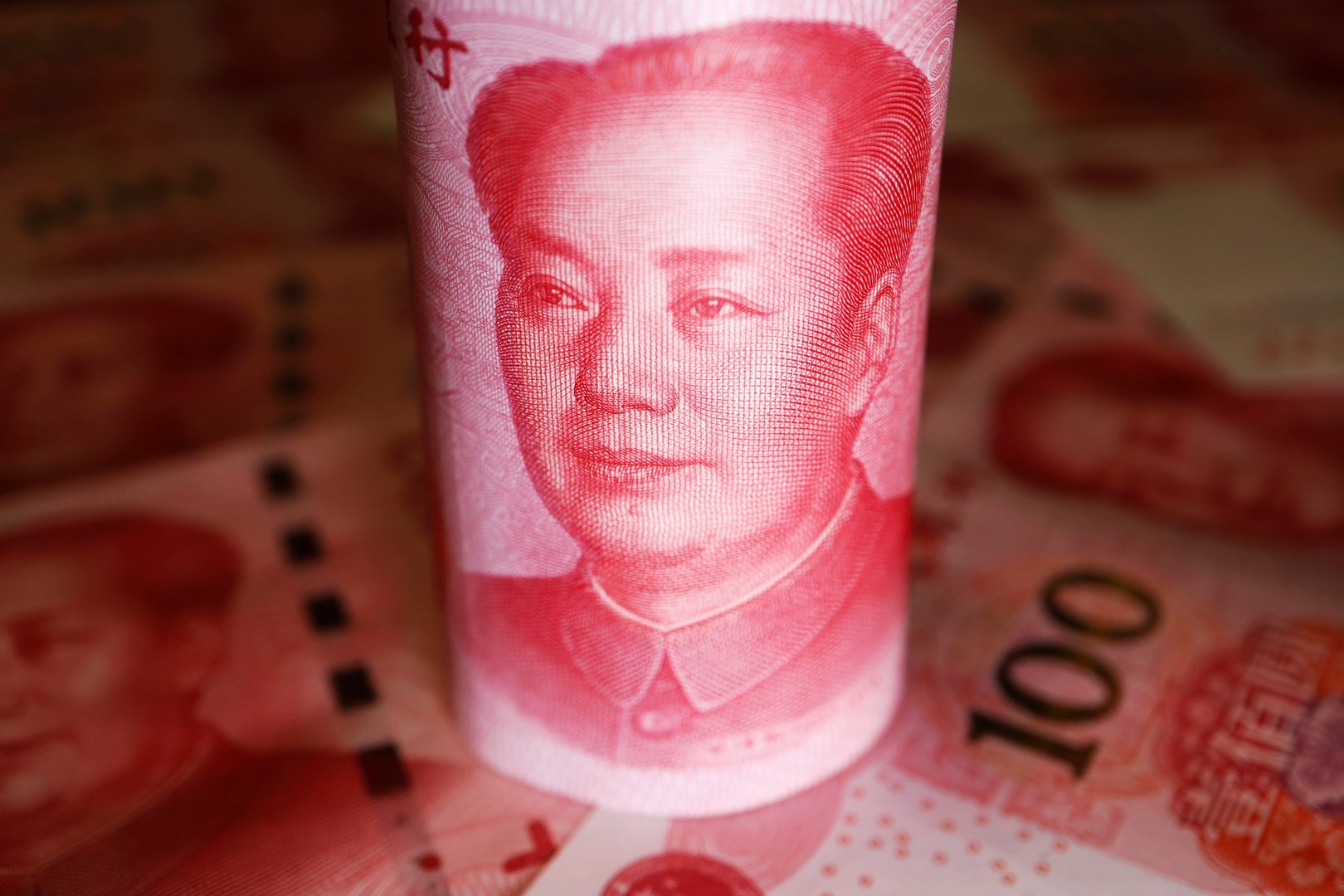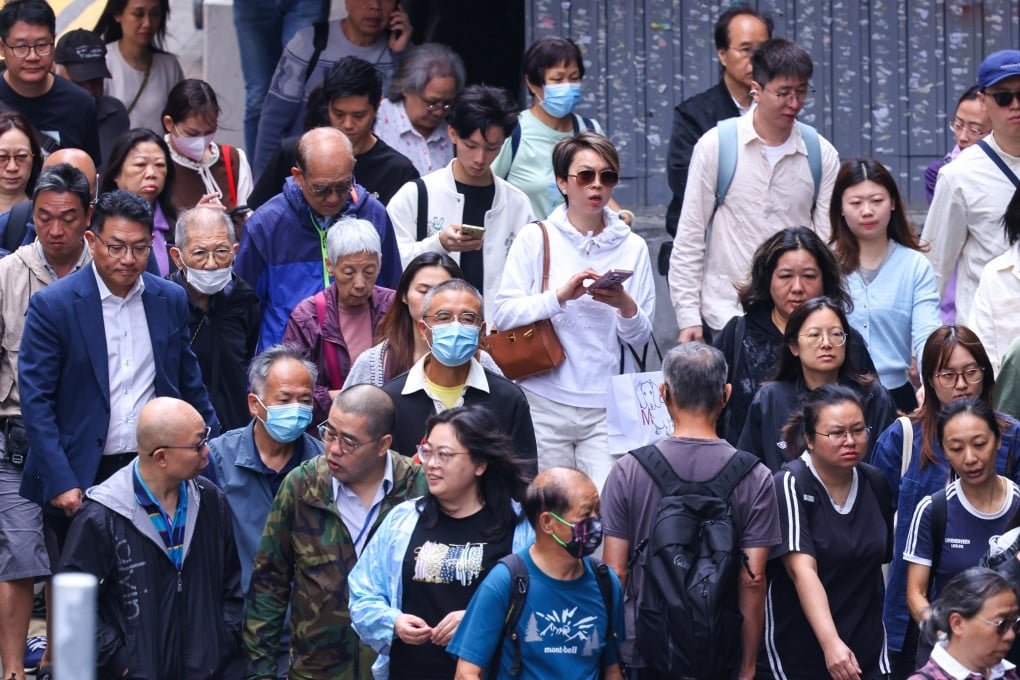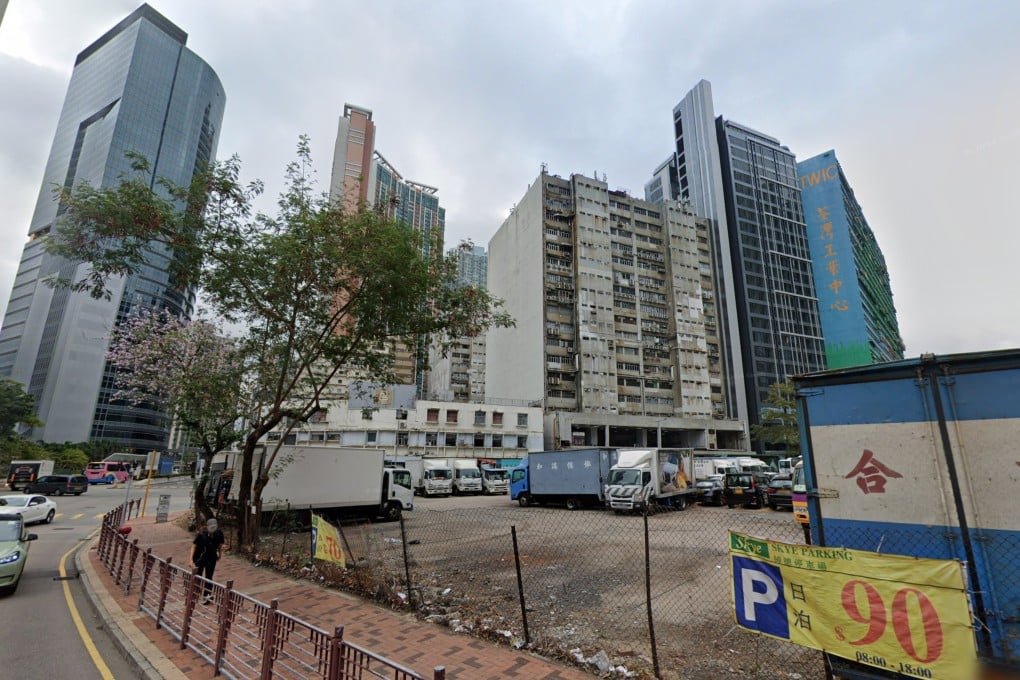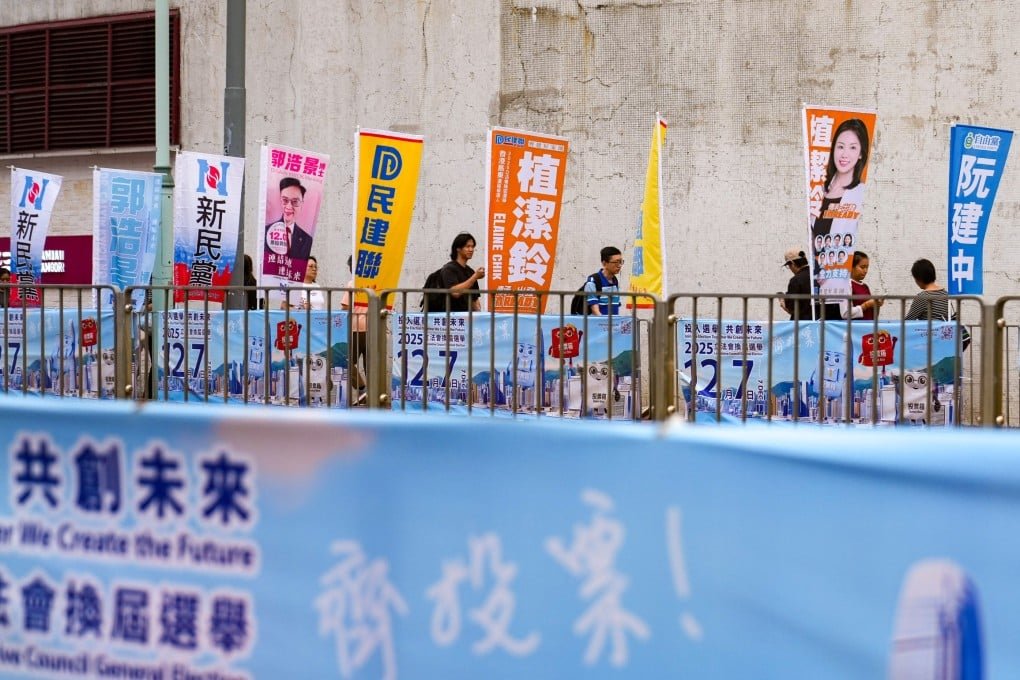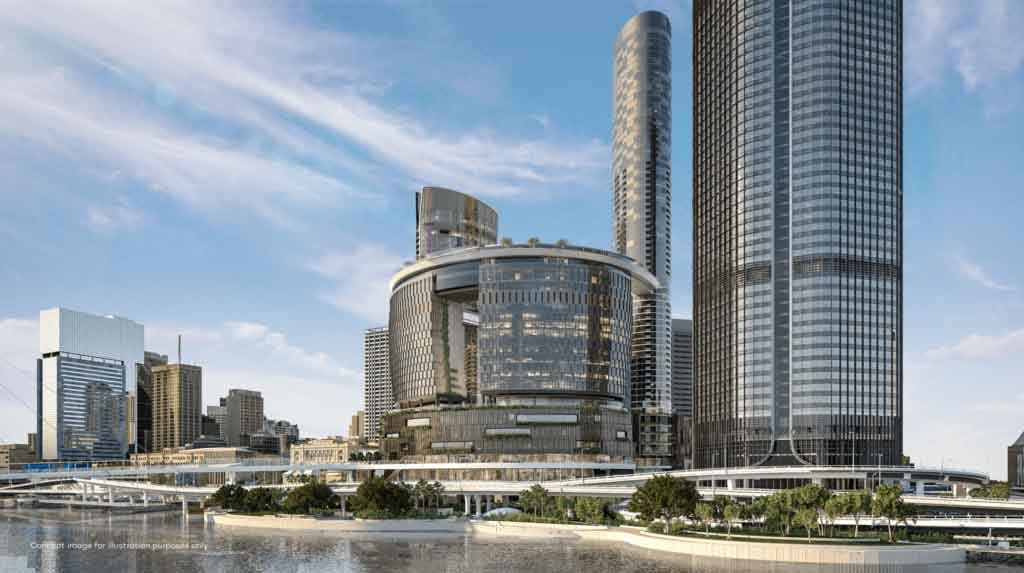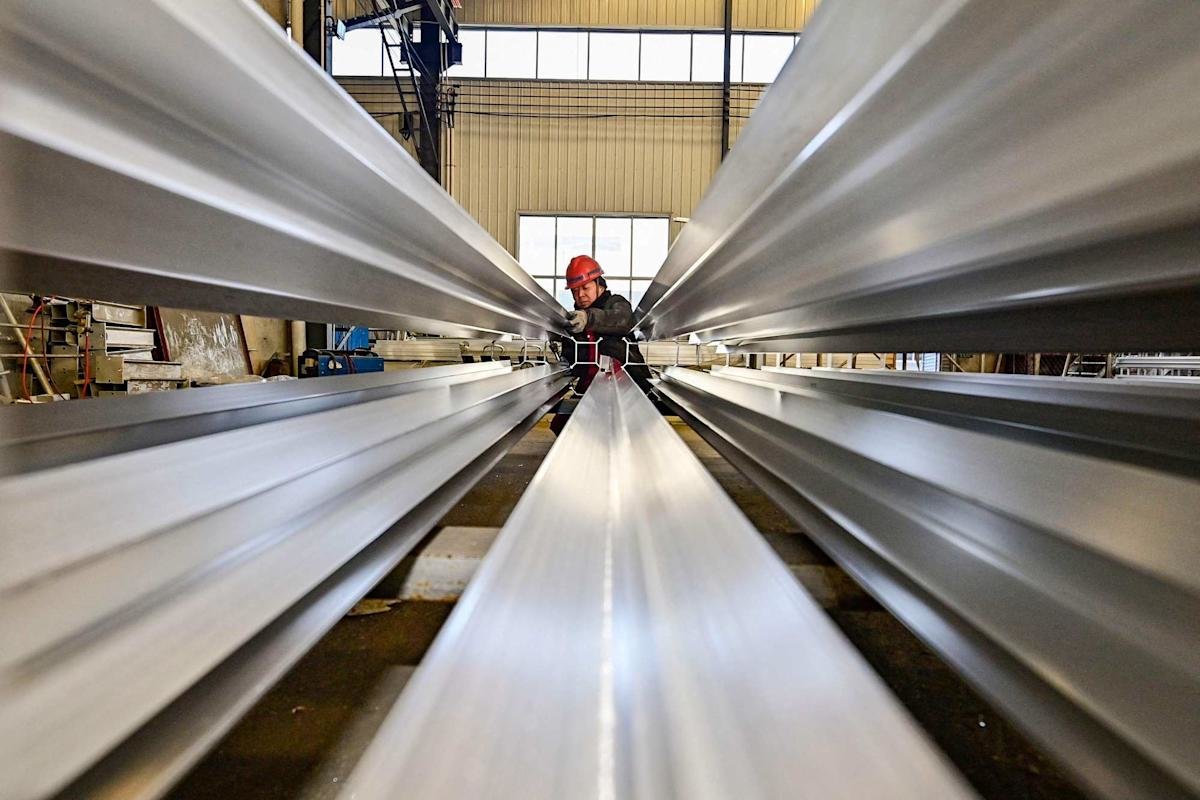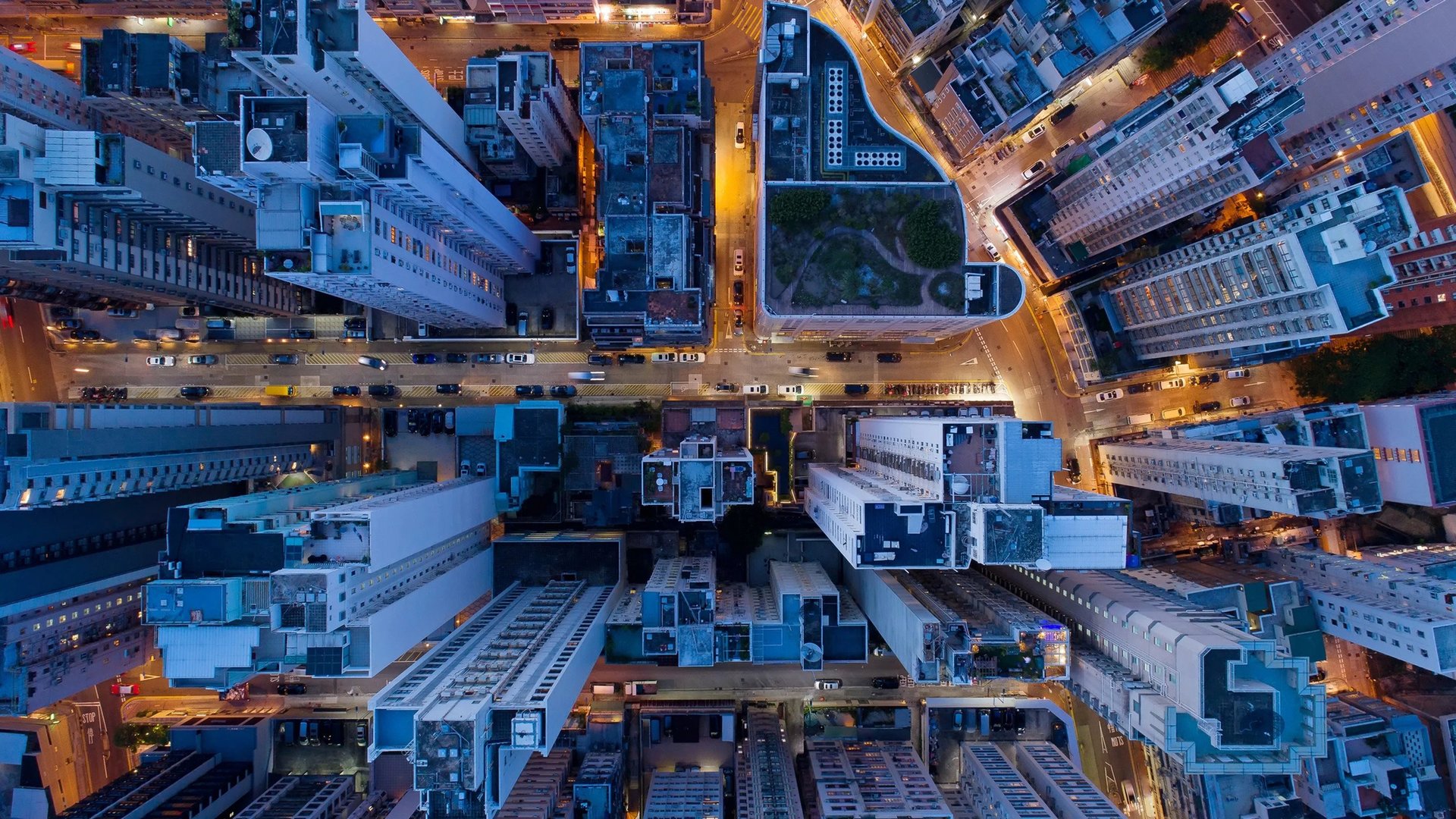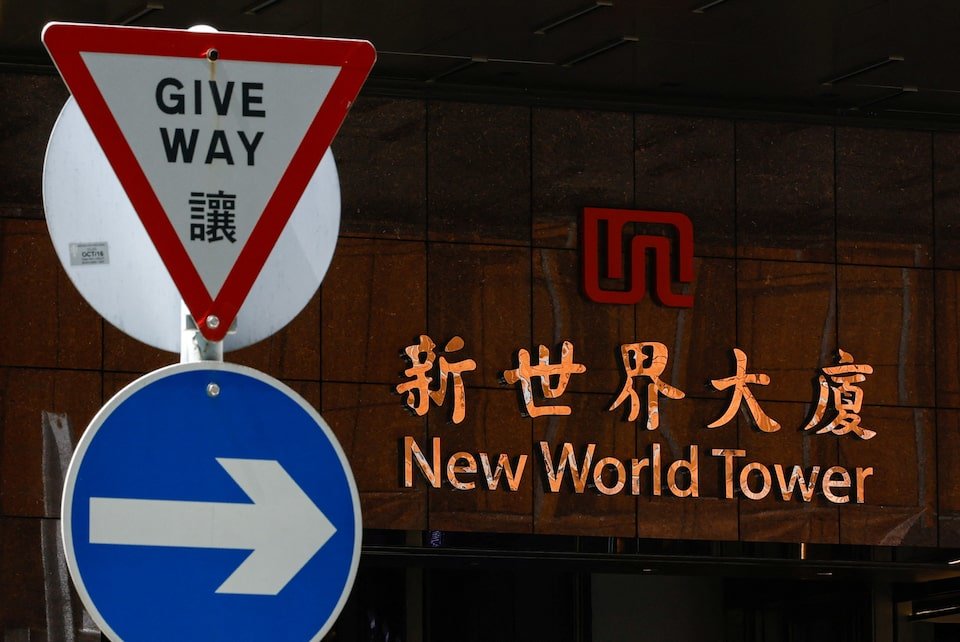
The strategy centres on developing ultra-premium integrated commercial assets in key Asian gateway cities, bolstered by a capital-recycling target of at least US$4 billion by end-2027 and up to US$10 billion over a ten-year period.
:contentReference[oaicite:1]{index=1}
In the first half of 2025, underlying profit (excluding China build-to-sell provisions) rose 11 per cent to US$320 million, supported by contributions from Singapore and strengthened asset valuations.
Net debt fell to approximately US$4.9 billion and gearing held at around 17 per cent, underscoring financial discipline.
:contentReference[oaicite:2]{index=2}
However, Hong Kong remains a material challenge: office rents in Central contracted, with average Grade A rents falling to HK$95 per square foot per month from HK$103 a year earlier.
Vacancies in its Central portfolio stood at 6.9 per cent on a committed basis by mid-2025, better than the broader market but still a drag on income.
:contentReference[oaicite:3]{index=3}
To fund the strategic pivot, the group completed the sale of selected floors in One Exchange Square for ~HK$6.3 billion (US$810 million) and launched a US$200 million share buy-back programme, marking 33 per cent progress toward the recycling target.
:contentReference[oaicite:4]{index=4}
Management confirmed the build-to-sell business is being wound down and future capital will focus exclusively on ultra-prime commercial assets.
While full-year underlying results are expected to be lower than last year, the company emphasises its longer-term direction remains unchanged.
:contentReference[oaicite:5]{index=5}
Through a mix of recapitalisation, disciplined leverage and geographic diversification, Hongkong Land is recalibrating its business in an era of real-estate transition while maintaining its ambition to lead in Asia’s gateway cities.

